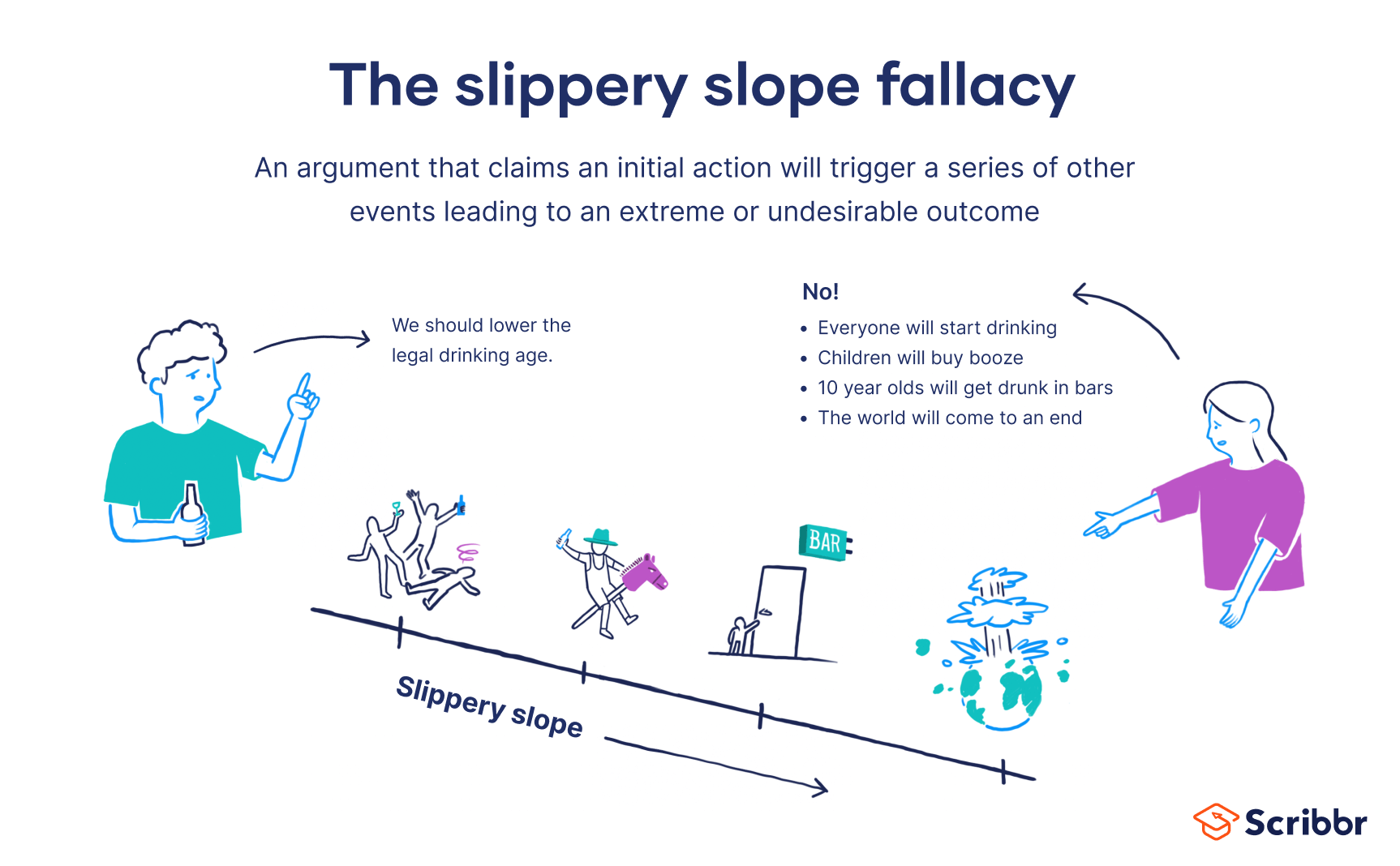I'm not sure whether or not that will matter. Again, not a lawyer or lawmaker, myself, but this bit makes me wonder:
(Sec. 2) This division prohibits distributing, maintaining, updating, or providing internet hosting services for a foreign adversary controlled application (e.g., TikTok).
And further down...
An entity that violates the prohibition on distributing, maintaining, updating, or providing internet hosting services for a covered application is subject to a maximum penalty of $5,000 multiplied by the number of U.S. users who have accessed, maintained, or updated the application as a result of the violation.
It sounds as though your ISP would technically be "distributing" the info to you from the foreign server, and thus subject to these fines? Not sure how that all fits in with the rest of it, or with the erosion of net neutrality.

You gotta use an escape character, specifically a backslash ( \ ), when dealing with *s on lemmy.
Otherwise you end up with "stufflike this!"
When it could have been "stuff*like this*!"
ETA: Damn, you're good. Fixed it before I even finished this post!